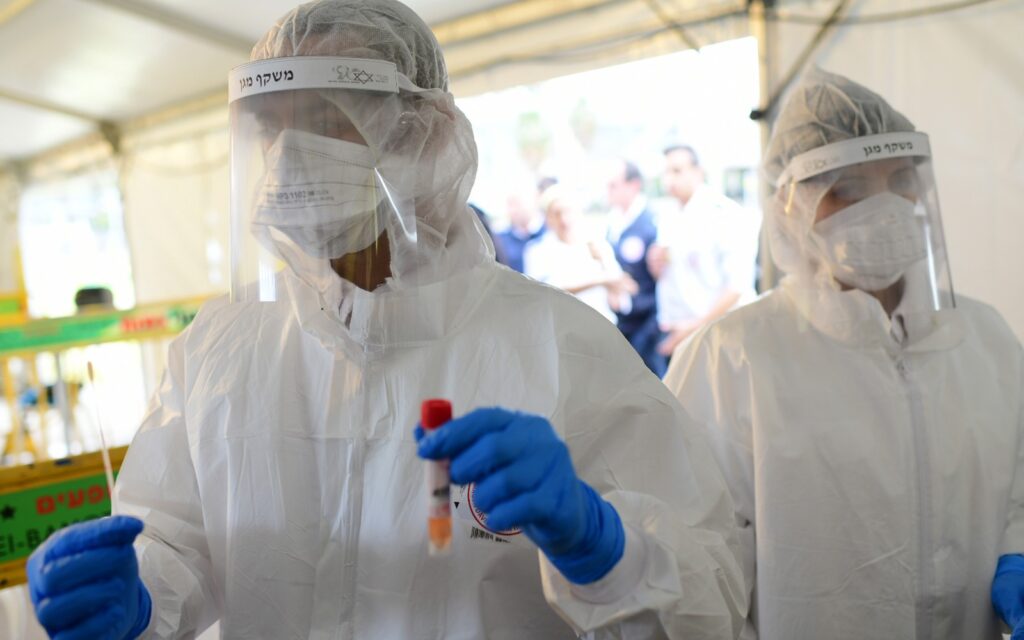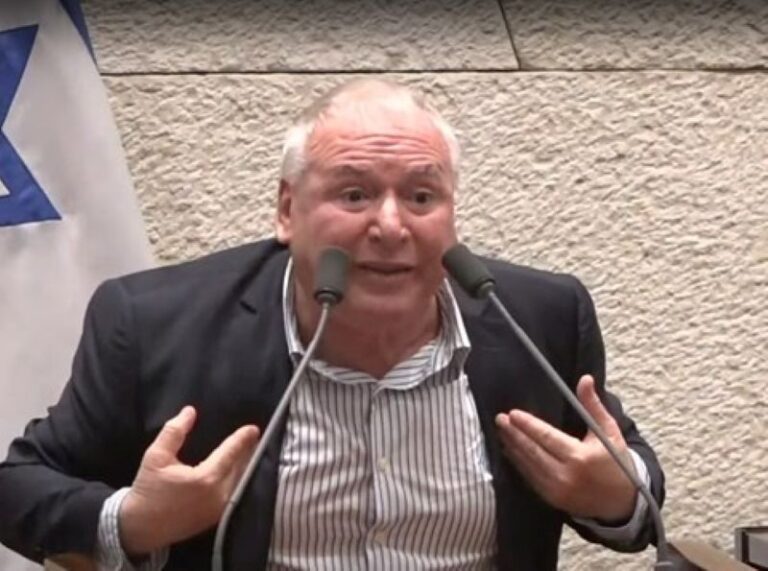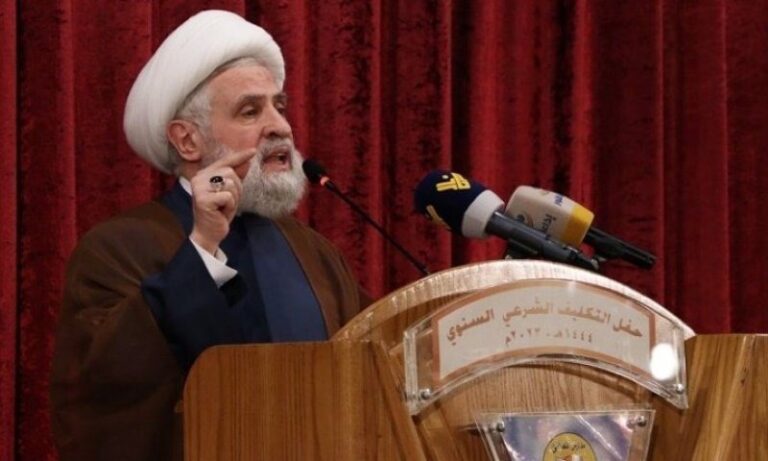By Eli Jafe
Deputy Director-General — Communities
Magen David Adom in Israel
Since February, Magen David Adom, Israel’s national emergency medical service, has been at the forefront of combatting coronavirus. While a resurgence of Covid-19 infections is still a threat, MDA’s handling of the crisis has been touted as among the most effective anywhere.
But much of what Magen David Adom has done can be applied in Jewish communities anywhere.
Like Red Cross organizations around the world, Magen David Adom is not state-funded. Instead, it’s reliant on charitable donations, much like Jewish federations.
For years, MDA EMTs and paramedics have trained for addressing biohazard disasters, mostly for scenarios involving bio-terrorism. But this was their first experience responding to a pandemic. So, how was MDA able to respond so effectively?
On February 22, tourists visiting Israel were found to be infected with Covid-19. In response, Israel’s Ministry of Health conducted an epidemiological investigation and published the places the tourists visited, asking anyone likely exposed to them to self-isolate for 14 days. Anyone exposed who was also suffering from a high fever, cough or breathing difficulties was also asked to call MDA and undergo a swab test.
Israelis exposed to the virus needed to be isolated to prevent community infection, where the disease could be passed from one Israeli to another. Immediately, thousands of Israelis called 101, the national hotline for medical emergencies, which connects callers to an MDA EMT or paramedic. Some callers weren’t certain if they’d been exposed, some were exposed but weren’t symptomatic, while others had fever and difficulty breathing, but hadn’t sought treatment because they hadn’t understood the ramifications of the symptoms.
For Israel, the war against coronavirus began.
Immediately, MDA beefed up its emergency dispatch centers, adding more volunteers and creating additional call-answering desks. EMTs with administrative responsibilities and paramedic trainees were trained as call-takers and dispatchers. Simultaneously, MDA trained thousands of volunteers, set up tents to accommodate additional dispatch desks, and moved additional personnel into businesses and schools shuttered by the pandemic to utilize their phone systems.
Calls to MDA’s hotline skyrocketed. In “normal” times, Magen David Adom uses 80 call-takers to answer 6,000 emergency calls a day. In mid-March, MDA had 500 call-takers who in one day answered 82,000 calls. To date, since the pandemic struck Israel, MDA has fielded more than 2 million calls, establishing the call center as the front line in the struggle.
Anyone exposed to the virus was asked to stay in home quarantine — and in a separate room from family members. People with even slight symptoms were registered on a dedicated tracking system. The goals of the first phase were achieved — ensuring infected people were in home quarantine, where they were less likely to infect others.
The next step was to swab everyone who’d been exposed and displaying symptoms. In most countries, that role would fall to clinics and hospitals, but that required patients leaving their homes, potentially infecting others. To prevent that, Magen David Adom teams wearing personal protection (PPE) suits went to patients’ homes to swab them, ensuring patients never broke quarantine.
The at-home tests were supplemented by drive-through centers that MDA assembled throughout the country. More than 260,000 Israelis have been tested so far.
Magen David Adom’s handling of the crises served as a model that can be implemented elsewhere — not just in response to Covid-19.
As a community organization, MDA can rapidly expand services, activate additional volunteers, and take on many roles. Likewise, Jewish communities can activate institutions and resources and capitalize on relationships they have with the public.
A manned call center is essential. And, even now, when most people are working from home, virtual call centers can automatically route inquiries to call-takers’ homes to provide people with a point of contact for receiving services. And this is true whether the caller needs services after being furloughed from their job, a referral for medical services, advice about how to properly self-isolate, or information about how to protect themselves while out food shopping.
Magen David Adom is always ready to assist Jewish communities around the world — to serve all members of the community, regardless of their ethnic or religious background.
Many communities in the U.S. and Europe have already participated in Magen David Adom’s “First 7 Minutes” training, courses that prepare citizens for staying safe during terror attacks. By continuing to coordinate and share resources — both know-how and equipment — Israel and Jewish communities worldwide can continue to save lives.
For more information, please contact us at: [email protected]











